Description
The 1970 Isle of Wight Festival is one of the biggest festivals in rock history. A masterpiece movie that approaches the truth has been decided to be released. That movie is “MESSAGE TO LOVE: THE ISLE OF WIGHT FESTIVAL 1970.” This documentary film was released at the San Jose Film Festival in 1995, 25 years after the festival. It was later released as “Isle of Wight 1970: Afterimages of Brilliant Rock,” but it is now out of print. However, this work is not a software version of that. It was produced by a certain broadcasting company in 1995, the same year as the film festival. This is the Japanese broadcast version with commentary scenes by critics and original Japanese subtitles. At our store, we have archived many of the best masters recorded by record maniacs, and this work is the latest. As has been proven in previous works, you can watch it in transcendent quality using high-end equipment of the time. [Commentary Corner to Understand the Actual Conditions of the Festival] The program was intense from the beginning, and the series of unique scenes made me dizzy. Suddenly, the words “After 25 years, now revived” flew diagonally, and the title “The Golden Legend of Rock” started spinning around. EL&P’s video has the words “Shocking Debut!!”, and Jimi Hendrix’s “Last Stage!” is introduced in a fiery caption. Then, we move on to the program’s own commentary scene. The calm and easy-to-understand commentary by a well-known British critic is wonderful, and numerous celebrities comment on the highlights of the movie. However, what is even more interesting is the historical footage. Various footage from the 1960s will be shown to introduce the festival’s setting in 1970. In addition to historical events such as the Apollo 11 moon landing, China’s Cultural Revolution, and the assassination of Martin Luther King Jr., anti-war movements, the flower movement, psychedelics, and drugs also appear. Up to this point, it doesn’t feel out of place since it’s overseas, but we also see things like the Osaka World Expo, high economic growth, miniskirts, and go-go cafes. If you’re seeing it for the first time, you might think, “Are you kidding?”, but that’s actually not the case. Even more than the music, what is central to the film is the era of 1970 itself. It is a production that gives you a sense of the times through Japanese customs. The sense of style and the vast amount of video materials are as expected from a certain broadcasting association. [Japanese subtitles unique to the program] And the main part of the movie begins. This is basically the same as the original, but the program’s own Japanese captions are included. It’s not just interviews, MCs, and documentary scenes, but also telops introducing characters such as “Stage Manager ‘Ricky'”, “Event Promoter’s Ray” and “Ron” (a rather insignificant “Naval Captain” and “Ron”). Carpenter “Bud”), and even the lyrics of the performance have Japanese subtitles. Lyrics subtitles were not available on the official DVD, but they are very effective. If you’ve seen Paul McCartney’s “GET BACK” or ZEP’s “Frenetic Live,” which I introduced the other day, you’ll understand, but the translation by a certain broadcasting company is original and has a very good taste. . It captures the mood well and conveys the message directly in short, easy-to-understand words. Moreover, the effect is more than the above two works. As I will explain later, this festival will be held for 5 days, and the clouds will change rapidly during that time. The performance scene inserted there also serves as a scene change. For example, a drug song plays after the audience talks about drugs, or a song about love and peace contrasts with the brutality of trouble. By adding subtitles to the lyrics, you can clearly see that the performance scene has more meaning than just a valuable record. [A festival where the 60’s and 70’s collided] The content of the movie is overwhelming. The film is interspersed with valuable performance scenes, interviews with audience members, and a behind-the-scenes look at the operations. If that’s all there is to it, it’s a normal documentary, but the main point of this movie is “music and business.” More specifically, it is a conflict between the organizers and the audience. This is very real and sharp. Normally, when it comes to “organizers vs. spectators,” we tend to empathize with the audience, but it’s not that simple. At first, the festival is peaceful. It’s so love and peace that the organizer, Ricky, announces, “The police officers will overlook drug use by people under the age of 17.” However, this “anything goes” ruins the festival. People who don’t have tickets also gather and demand that they be allowed to enter for free. They were angry at the fence that restricted entry, saying, “It’s a psychotic concentration camp,” and “They’re only thinking about making money,” and the organizers said, “Pay the ticket price and enter,” and “You won’t be able to pay the artists their performance fees.” ” he appeals. Of course, organizer Ricky is saying things that are obvious to us today, but the time was 1970. Not so long ago, flower power was in full bloom, and half the audience (200,000 people) at the legendary Woodstock were allowed to enter for free. Rock was supported by people who believed that the square belonged to everyone and that music was free. Also, the situation is complicated because the musicians and the organizers are of the same generation. When he announced, “We don’t have enough cash to pay the artists. If you don’t have tickets, please leave the venue,” and the musician got angry and said, “Don’t make it sound like we’re begging for money.”・Anderson also said, “It’s okay to break the fence. It’s bullshit that if you don’t show up, we won’t show up.” Organizer Ricky also takes measures such as handing out tickets as compensation for painting jobs and having debates on stage with angry audience members (amazing…). The most powerful scene is the one with Joni Mitchell. A man bursts onto the stage and interrupts the performance, saying, “I’m going to borrow the microphone. There’s something I’d like to say.” The man is immediately singled out, but he insists, “Commercial music is creeping in here too. I’ll prove on stage what a reasonable man I am.” Joni, too, cannot return to performing immediately, and pleads, “Please respect us by concentrating in such an uncomfortable atmosphere…” Then they sing “Big Yellow Taxi,” and the lyrics make me think again. “Paradise was destroyed to make a parking lot. Trees were pulled out and put in a ‘tree museum.’ If you want to see it, the admission fee is $1.50. It’s a common story. You don’t realize something important until you lose it.” No matter how you look at it, the audience is unreasonable. However, was it the paradise of the 1960s that was about to be lost, or… All the while, the situation continues to worsen. Organizer Ricky appealed, “If 170,000 people buy tickets, we’ll make a ton of money. Then we’ll have a free concert. Please don’t call us misers.” However, the crowd that came in for free was stopped. do not have. And the limit comes after THE DOORS’ “The End.” Let’s write down what Ricky said. “I want to understand each other and part ways with a good aftertaste. It’s certain that this festival will make a loss. Let’s open all the gates and let people come and go as they please. And let’s all enjoy the music in peace. We are literally broke. But let me tell you, the purpose of this event was not money. I’m sure I’ll be bothered by debt collectors from now on, but that doesn’t matter. Are you satisfied with just being able to share an experience you can’t buy? I want you to go home with love and peace in your heart.” This is the last of the man who burned his guitar to express his passion in the 1960s, and the progressive rock that went on to unleash a cannon in the 1970s.・The Isle of Wight Festival was the band’s shocking debut. What was swirling around the scene was an era in which “emotional expression” was giving way to “entertainment,” and “freedom and chaos” were giving way to “order and business.” Despite attracting 600,000 people, the Isle of Wight Festival collapsed after less than 1/10th of the tickets were paid. While I feel uncomfortable with the audience calling for “freedom”, I can’t help but overlap with the current music industry, which is collapsing due to the internet. Not only are the many performances terrifyingly wonderful, but the “phenomenon” that could only exist in 1970, when the 60s and 70s intersected, is overwhelming. This is a Japanese broadcasting program that sharply depicts the essence of such documentary films with its own subtitles. East Afton Farm, The Isle of Wight 26th – 31st August 1970 (134:50) 1. Introduction 2. Studio Talk 3. There’ll Always Be An England 4. Message to Love (Jimi Hendrix) 5. Young Man Blues (The Who) 6. All Right Now (Free) 7. Sinner Boy (Taste) 8. There’ll Always Be An England (Tiny Tim) 9. Red Eye Express (John Sebastian) 10. Catch The Wind (Donovan) 11. I Can’t Keep From Crying Sometimes (Ten Years After) 12. When The Music’s Over (The Doors) 13. Nights In White Satin (The Moody Blues) 14. Me And Bobby McGee (Kris Kristofferson) 15. Woodstock (Joni Mitchell) 16. Big Yellow Taxi (Joni Mitchell) 17. Call It Anything (Miles Davis) 18. Suzanne (Leonard Cohen) 19. The Great Gates Of Kiev / Rondo (Emerson, Lake & Palmer) 20. Machine Gun (Jimi Hendrix) 21 Voodoo Child (Slight Return) (Jimi Hendrix) 22. Let It Be (Joan Baez) 23. My Sunday Feeling (Jethro Tull) 24. The End (The Doors) 25. Rikki’s MC / Amazing Grace (Great Awakening) 26. Foxy Lady (Jimi Hendrix) 27. Naked Eye (The Who) 28. End Credit : Desolation Row (Bob Dylan) PRO-SHOT COLOR NTSC Approx.135min. 19/10/22
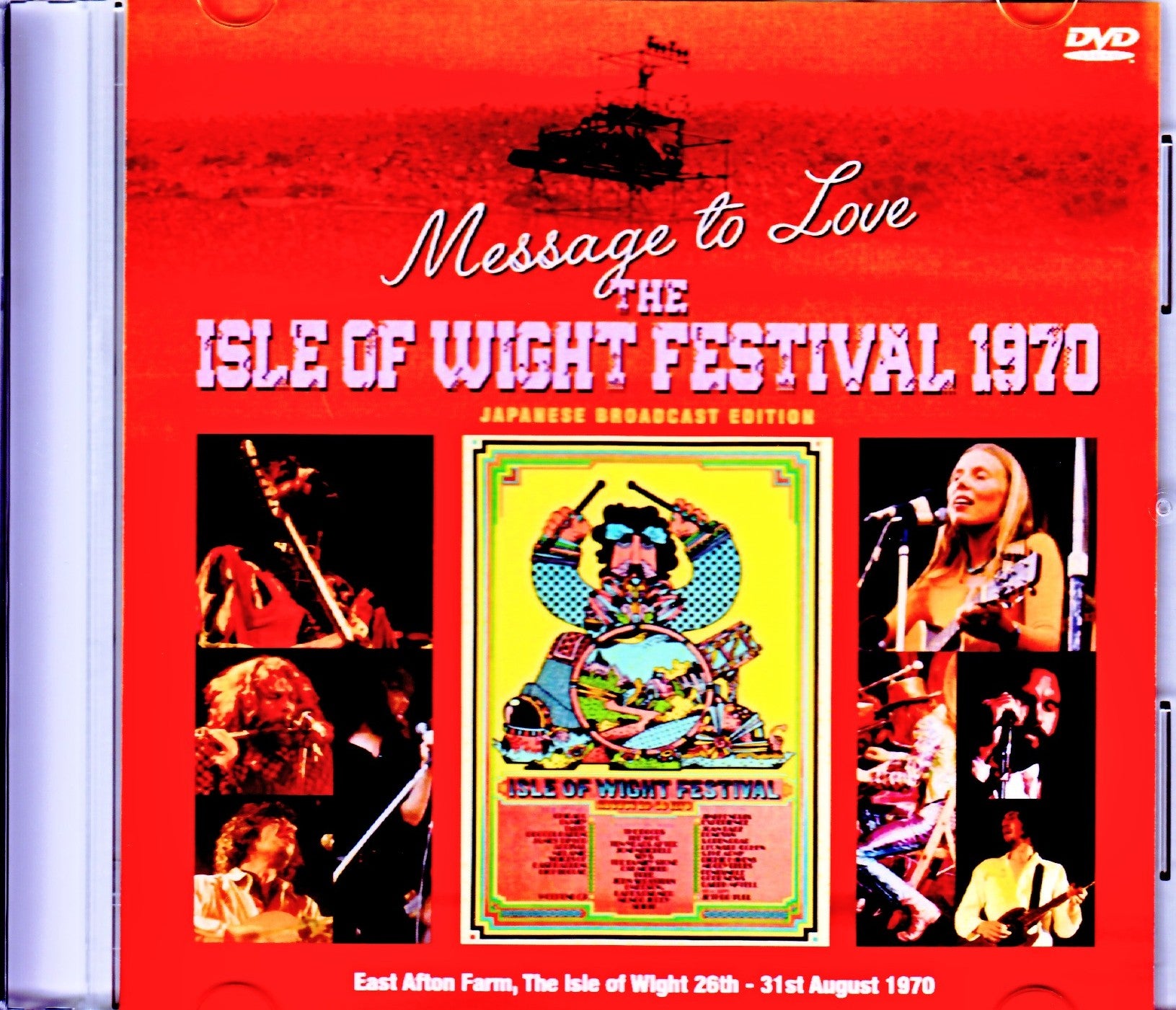
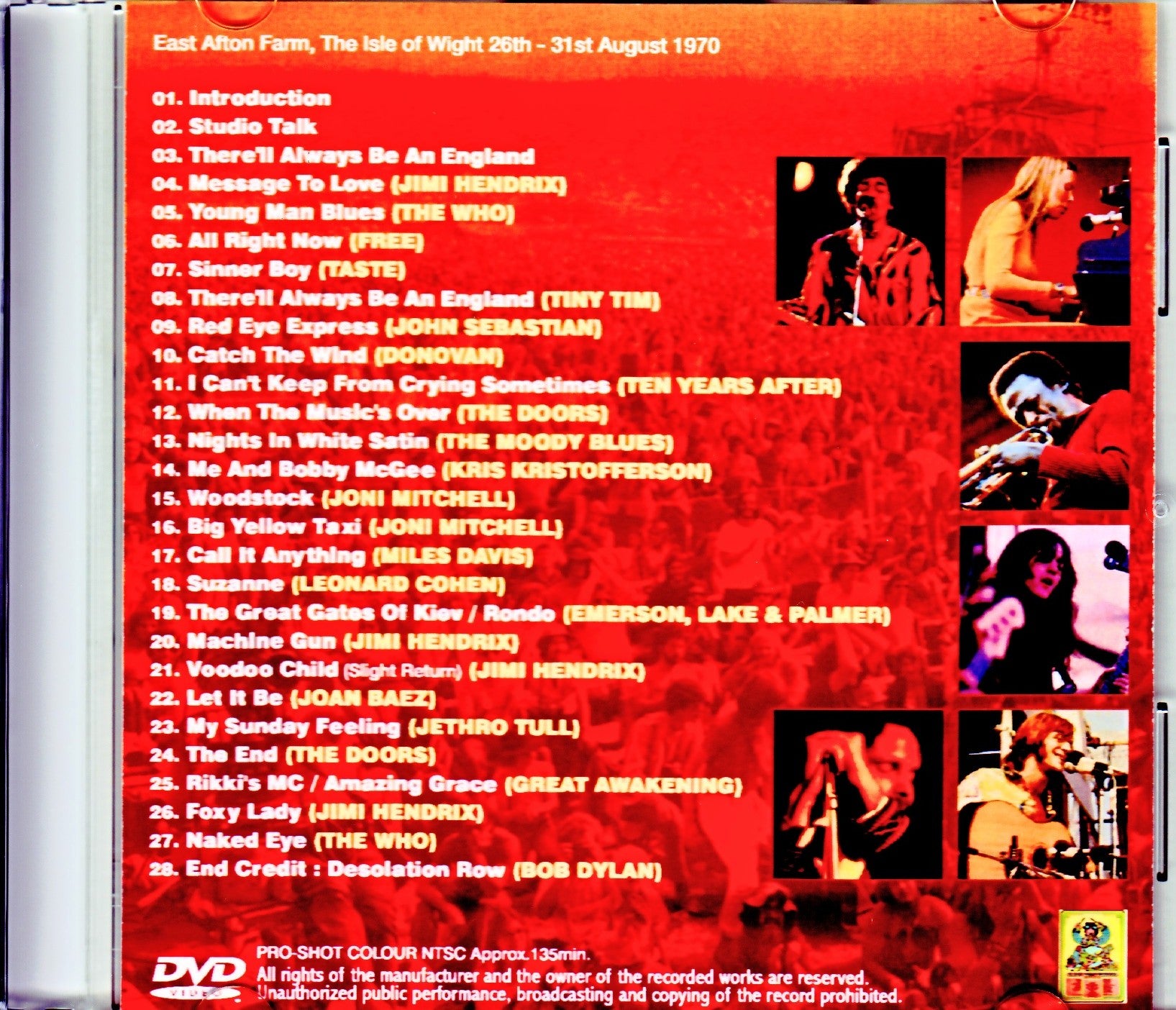

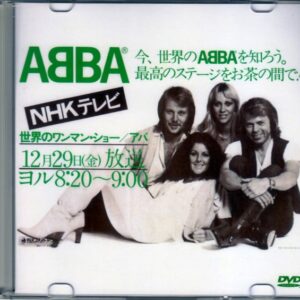
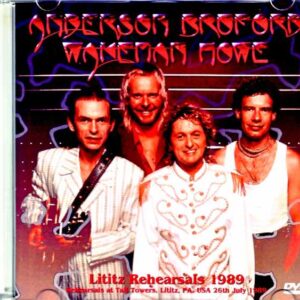
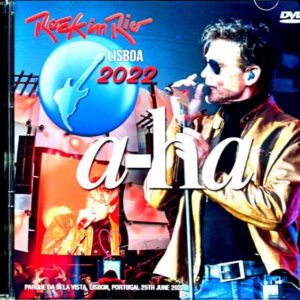
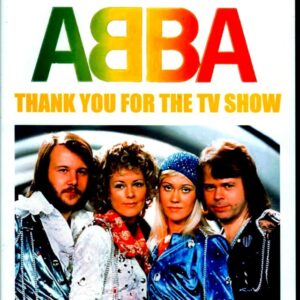
Reviews
There are no reviews yet.